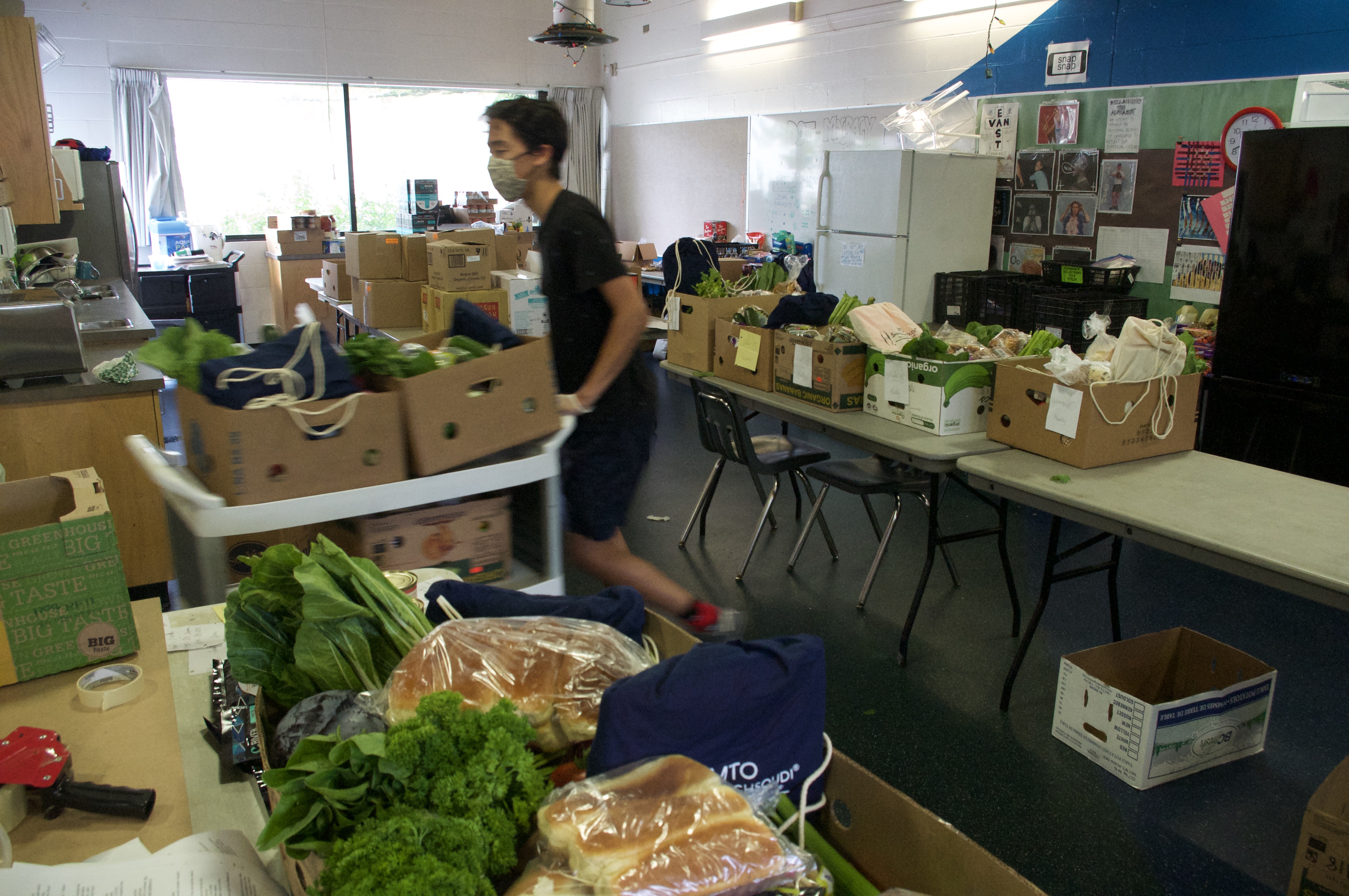Check out this informative podcast on our current stat of food insecurity in Canada
COVID-19 has highlighted and exacerbated a number of systemic inequities that challenge Canada’s potential to build back better. One of those brought to the forefront has been food insecurity. Before the pandemic, 1 in 8 households in Canada was food insecure, with low-income communities and communities of colour being disproportionately impacted. This episode from the podcast Beyond the Headlines features Dr. Valerie Tarasuk, Jessica McLaughlin, Dr. Charles Levkoe, and Melana Roberts.















